Have you ever delved into the “why” about Japan, exploring both its art and natural wonders? Discover Japanese insights, from ancient Shinto practices and Buddhism’s influence to modern culinary experiences and vibrant festivals. This exploration may guide you through a rich tapestry of trivia, including the intricacies of tea ceremonies and the unique art forms known across the islands.
This article aims to serve as your introductory guide to understanding the myriad facets of Japan, promising a more enjoyable and informed existence amid its cultural and natural splendor.
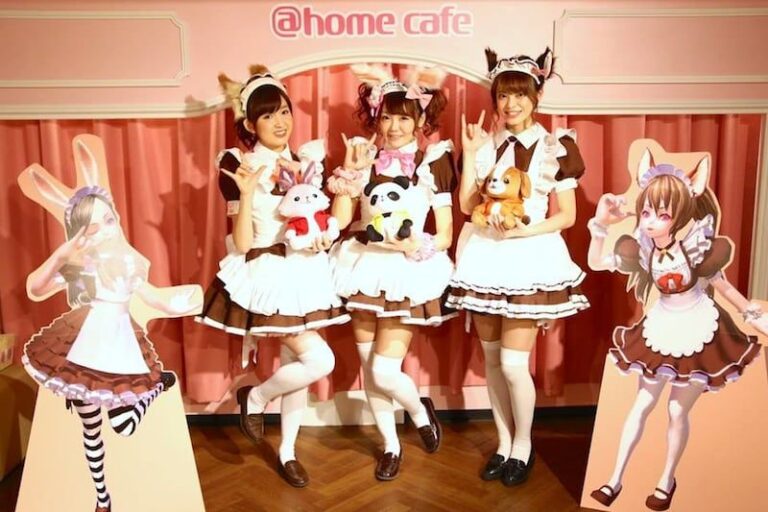
Q31 What is a Maid cafe?
This café has waitresses dressed as maids. They treat customers as if they were the masters of a large mansion with maids. The first maid café opened in 2001 in Akihabara, Tokyo. These cafes emerged with the rise of otaku culture.

Q32 What is Cosplay?
It's a Japanese word short for "costume play". It's dressing up as an anime, game or manga character and pretending to be one. On Halloween night, many young people take to the streets to cosplay. It is closely related to the Japanese entertainment culture, but now it has become a global phenomenon.
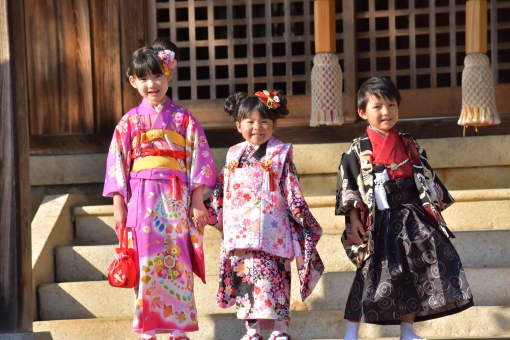
Q33 What is Shichigosan?
It is a ritual that takes place at the milestones of a child's life to wish them well and growth; it takes place around November 15, when girls are 3 and 7 years old and boys are 3 and 5 years old. At that time, the children clean up and go to the shrine with their parents. Afterwards, it is called auspicious (red rice). They eat azuki rice mixed with red beans. (What is called auspicious. You could say, Afterwards, they eat red rice as a symbol for the auspicious occasion. What is the connection to red rice?)

Q34 What is Washi?
Washi is a traditional Japanese paper made from the bark of ki (is this the name of a tree), which is unique to Japan. Washi is listed as a Japanese craft by UNESCO as an intangible cultural heritage. Ukiyoe and calligraphy are made from Washi. Since the fiber is very strong, Japanese paper can be sewn together, and it was used for armor in ancient times.
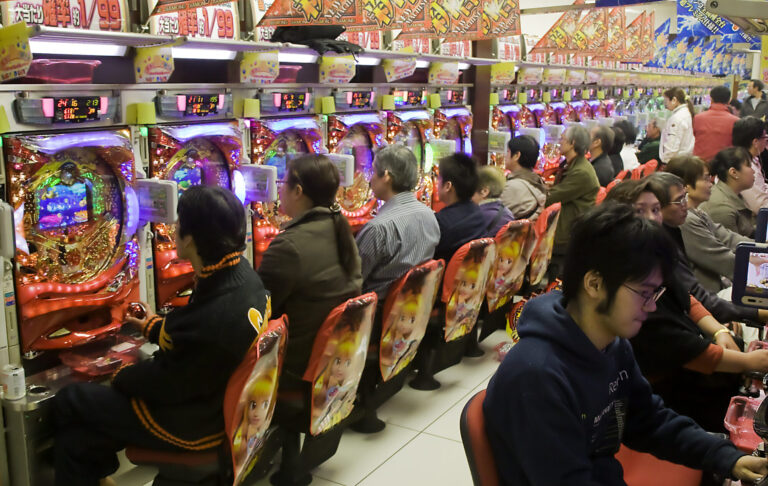
Q35 What is Pachinko?
It is a game that looks like a combination of pinball and slot machine. Gambling in Japan is forbidden by law. Since you don't receive your winnings directly from the pachinko shop, pachinko is not legally considered a gambling game. If you win in pachinko, you will receive prizes such as gold or silver.

Q36 What is "Dogeza"?
Dogeza is bowing on your knees until your forehead touches the floor. Kneeling is a way of showing respect to people in high society. It is a way to show respect for people in high society and has been a part of Japanese culture for a long time. I've never seen people do this before, except on TV shows or when their friends are joking around. These days it's almost unheard of.

Q37 What is an Otaku?
It is often translated as mania. There are many types of otaku people, or geeks: anime geeks, idol geeks, train geeks, and video game geeks. They spend much more time, money, and mental energy on the things they love to do than most people. Nerds have amazing knowledge about their favorite categories.
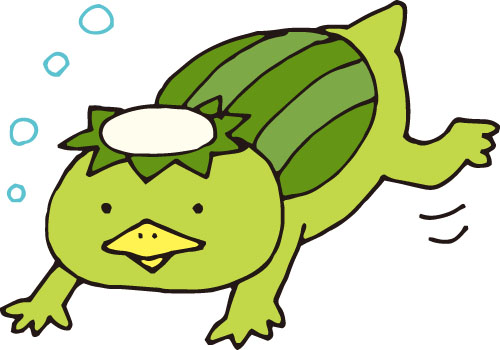
Q38 What is a Kappa?
It is a legendary animal that lives in the rivers of Japan. You could say it looks like a male mermaid. No one believes in it, but there are still reports of kappa sightings in the media from time to time. If you order a kappa roll at a sushi restaurant, you'll be served a cucumber roll, the kappa's favorite food.
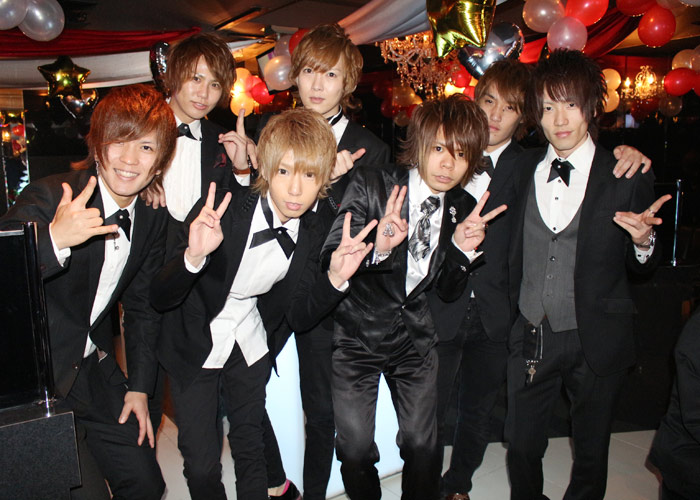
Q39 What is a Host?
A host is a man in a club or bar who pours drinks, converses, and entertains his female customers. A male club is a nightclub that provides women with a male companion. They make women happy by listening, flattering them and treating them well. Conversely, there are also cabaret clubs where women in glamorous dresses entertain men.
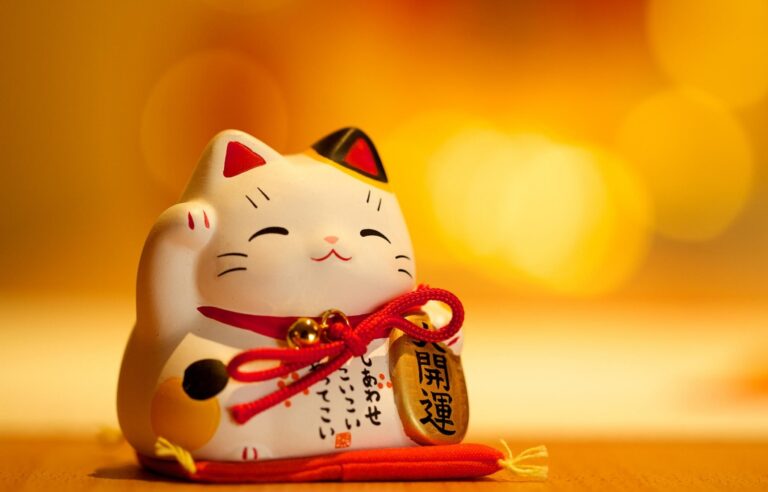
Q40 What is a Manekineko?
It is a very popular good luck charm in Japanese and Chinese culture. It is a small statue of a cat that is believed to bring good luck and wealth to its owner. The cat with his right hand up beckons money and the cat with his left hand up beckons customers. You can often see them on display in restaurants, shops and businesses.
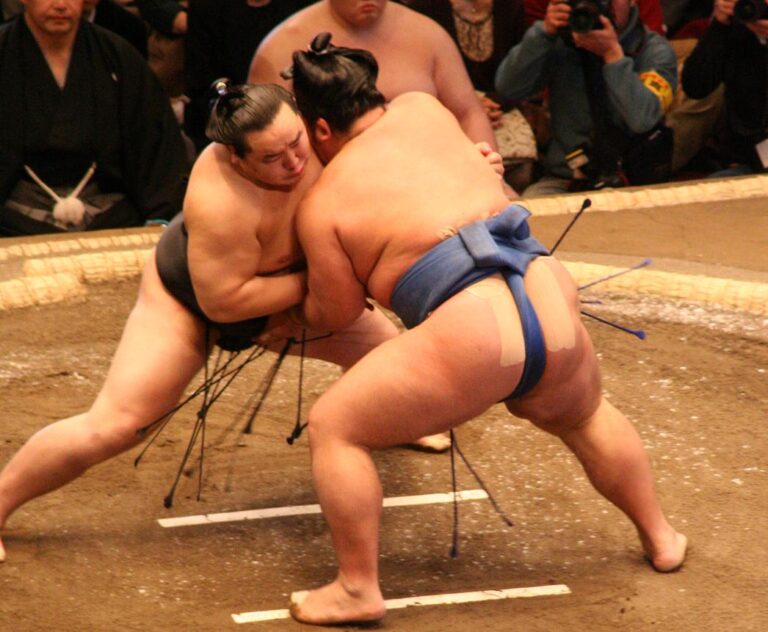
Q41 Why are all sumo wrestlers fat?
They are getting bigger and bigger because they are getting stronger, which is not the same as being fat. They just look fat, but they are packed with muscle inside. The heavier he is, the stronger he is in sumo. A wrestler has to be big enough to push his opponent out of the ring.
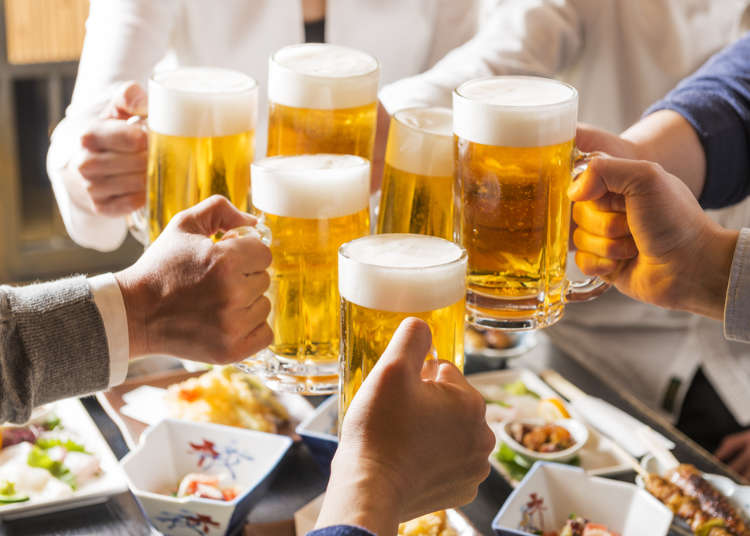
Q42 What's a Bonenkai(year-end party)?
The meaning of the word is "Let's forget about the year". It is a party held in December among friends and colleagues to celebrate the year. It's like a part of the job, and company employees often have a year-end party with their business partners. It's also an opportunity to get together with friends in your hometown.
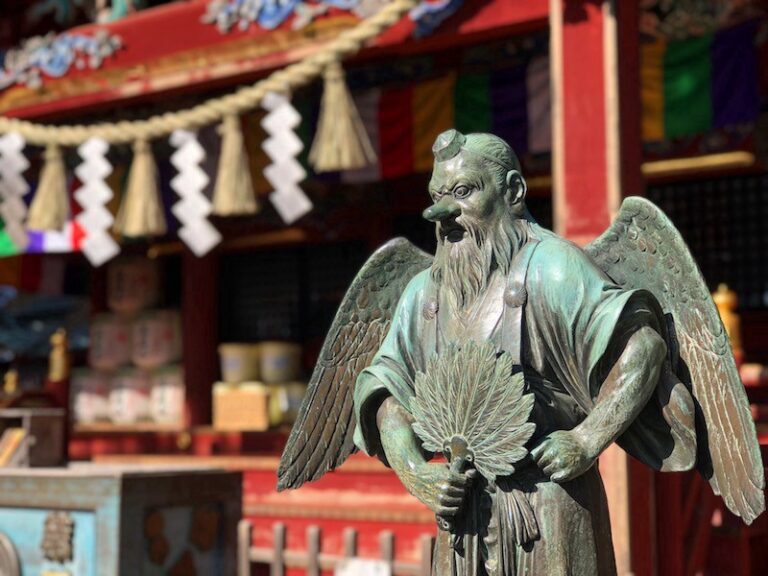
Q43 What is a Tengu?
Tengu are imaginary creatures that take the form of humans. In Japanese folktales, they have young skin, white hair and a long nose. Tengu are recognized as demons or monsters. They are sometimes referred to as "Tengu" for their self-delusion.

Q44 Why are Japanese trains so punctual?
One of the reasons is the high level of technology in Japan. Japanese people are generally very punctual. Punctuality is very important for the Japanese.
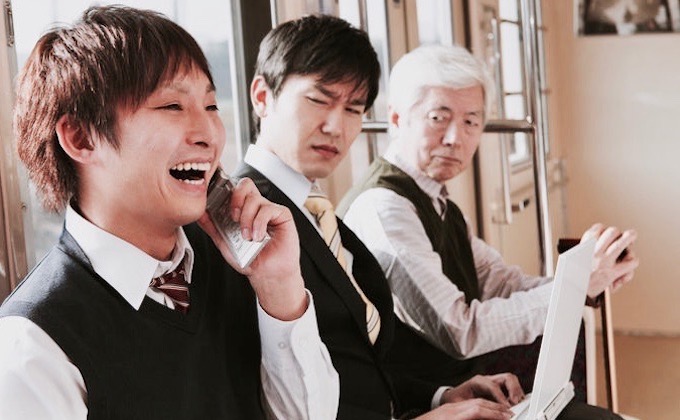
Q45 Is it prohibited to talk on the phone on the train in Japan?
This is the spirit of train etiquette in Japan. Banners and announcements are posted everywhere. Talking on the phone is considered impolite, but there is no problem with texting and surfing the internet. The Japanese are so considerate of others that they usually don't talk on the phone when they get on the train.
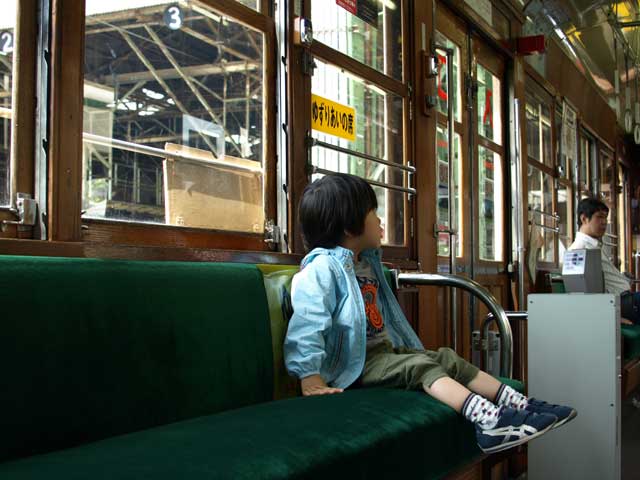
Q46 I saw a child on the train by himself. Is this common in Japan?
Yes, it's very common in Japan. Many children get on the train alone. They take the train to a school called "after-school cram school". For this reason, Japan is said to be a very safe country.
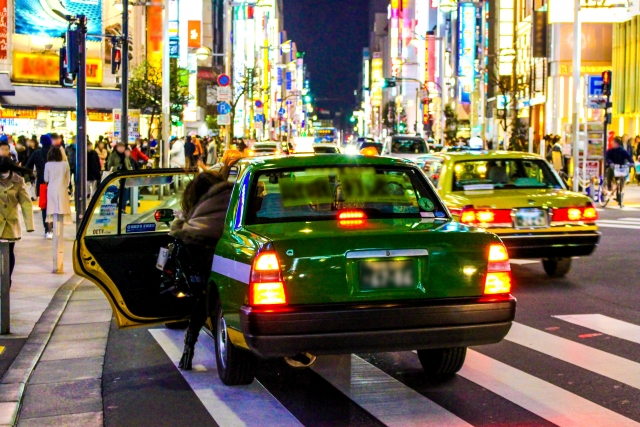
Q47 Why do Japanese taxis have automatic doors?
Automatic doors are used to make the ride in a taxi easier. It is said that the inventor of automatic doors came up with the idea after taking a taxi on a rainy day. The purpose is to allow the driver to open and close the door without having to leave his or her seat. Even if you have your hands full, it's convenient to take a taxi.
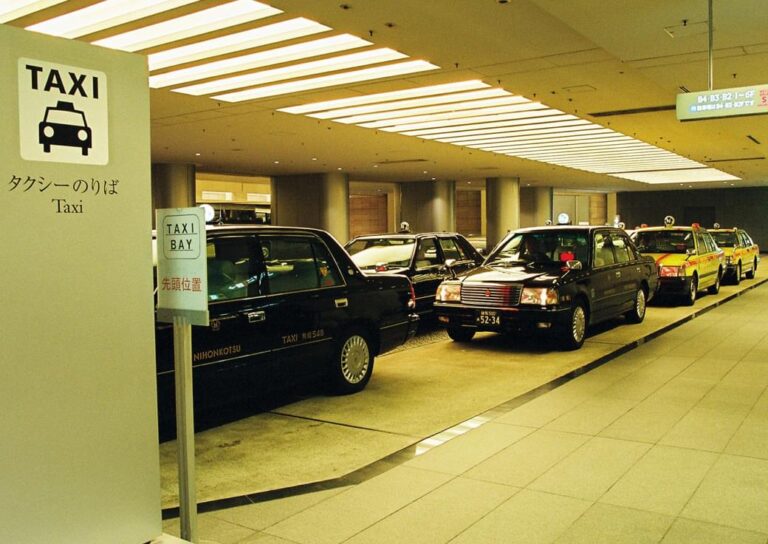
Q48 Why are taxis so expensive in Japan?
Because the Japanese government sets minimum fares for taxis. We think we are paying for safety first and foremost. They are not cheap, but they are a very reliable and convenient vehicle among travelers. In Tokyo, starting in 2017, a taxi ride cost between 410-730 yen.

Q49 Should I stand on the right side of the escalator?
There is an unspoken rule that you have to leave one side of the escalator open to allow people to pass. In Tokyo, you stand on the left side of the escalator and leave the right side open. In the Kansai region, it's the other way around. Escalator manufacturers advise people to just stand and hold on to the handrails and not walk on the escalators.
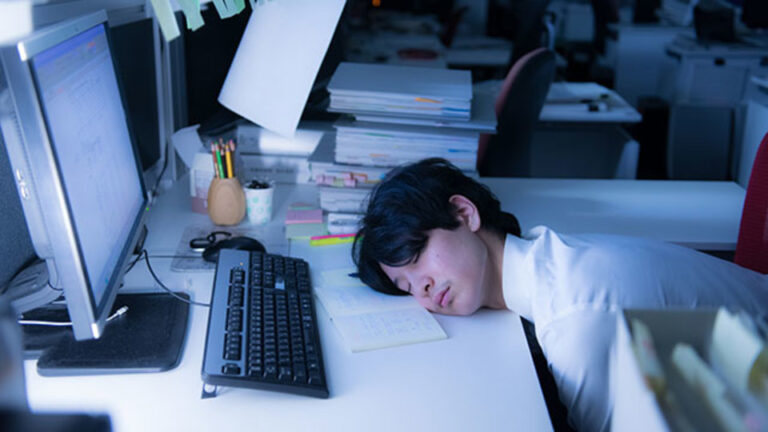
Q50 Why do the Japanese work so many hours?
It's one of the biggest social problems in Japan. Basically, it's because the workload is too much.
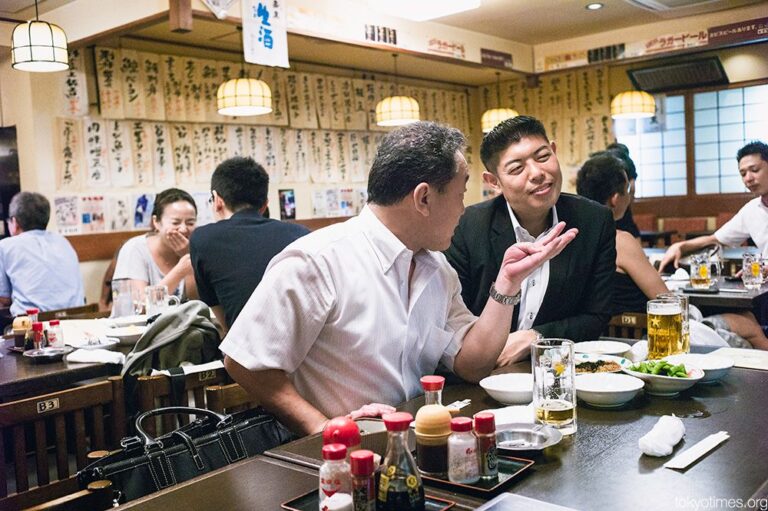
Q51 Why do Japanese salarymen hang out together after work?
It's a team building exercise. It's important to have group cohesion. Especially when you get down to business, Japan has a culture that places a lot of importance on the group. If your boss invites you to dinner, it's hard to say no.
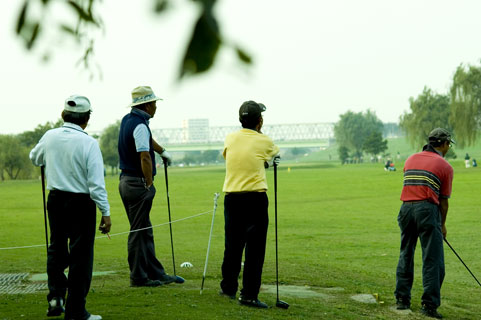
Q52 Why do Japanese people play golf with their business partners and clients?
People often use golf to entertain guests and clients. In Japan, golf is an essential part of business. Managers often get to know each other on the golf course. Golf is one of the most common ways to get to know people.

Q53 How much vacation time can I take in a year?
Saturdays, Sundays, and holidays combined, there are nearly 120 days off. Most people take less than 10 days of paid vacation a year. The most common holidays are New Year's break, summer vacation, and Golden Week, all of which are about 5 days long. Students have about 4 weeks of summer vacation.

Q54 What time do you work?
It depends on your profession. Most office workers start work at 9:00 am and get done around 6:00 am. Some work overtime and work until 8 or 10 or even later. In recent years, deaths due to overwork have become a social problem.

Q55 What is the most popular sport in Japan?
Soccer has become very popular in Japan in recent years. Tennis has also become very popular recently. Some people say that sumo wrestling is number one. Baseball used to be the most popular sport for children.
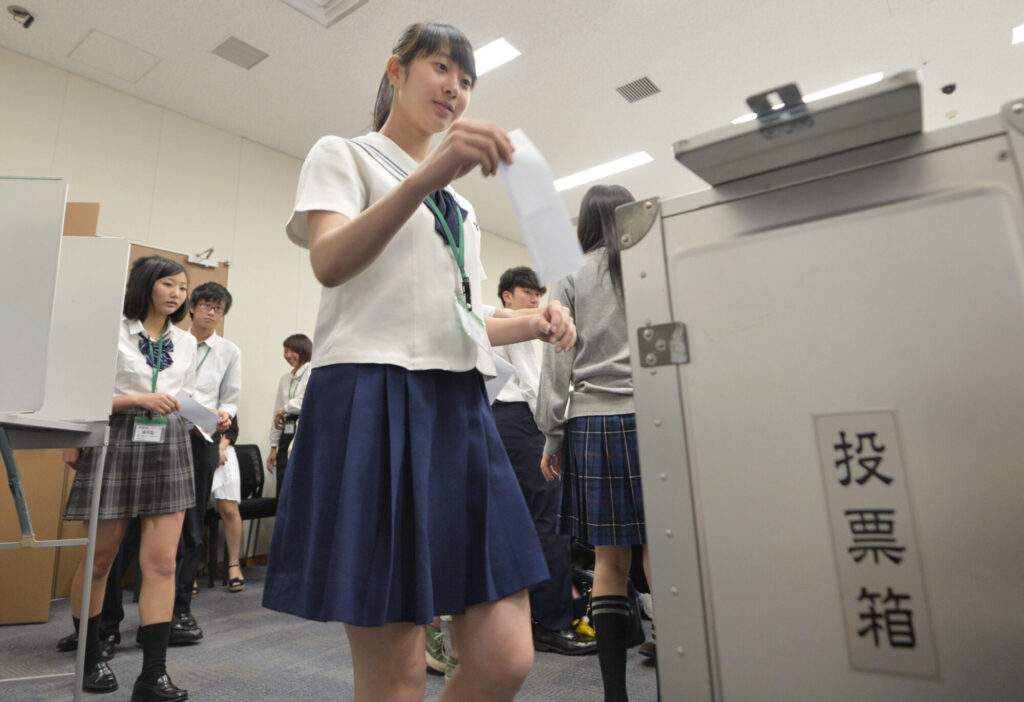
Q56 Why aren't young people in Japan interested in elections?
Because earning money is a higher priority than politics, and it is a peaceful country. It is true that many people don't go to the polls, but there ayoung people who are interested in politics.
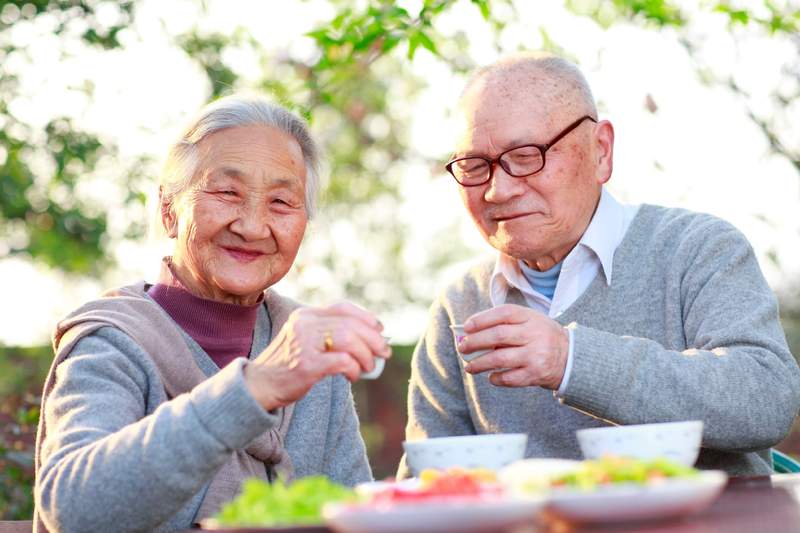
Q57 Why do Japanese people live so long?
It is because all people have access to affordable health care. Most of the people in Japan are covered by the insurance system. Traditional Japanese food is said to be good for one's health. Regular health check-ups are commonplace in Japan.
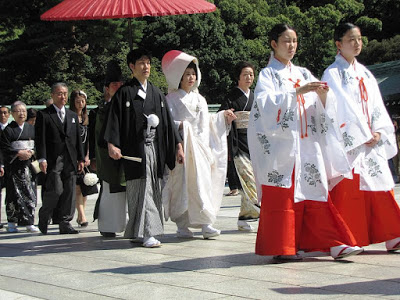
Q58 What is the average age of marriage in Japan?
The average age of someone’s first marriage in Japan was about 30 years old in 2015. The average age has been increasing every year. Some people believe that marriage is meaningless. The unmarried rate among Japanese is rising rapidly.
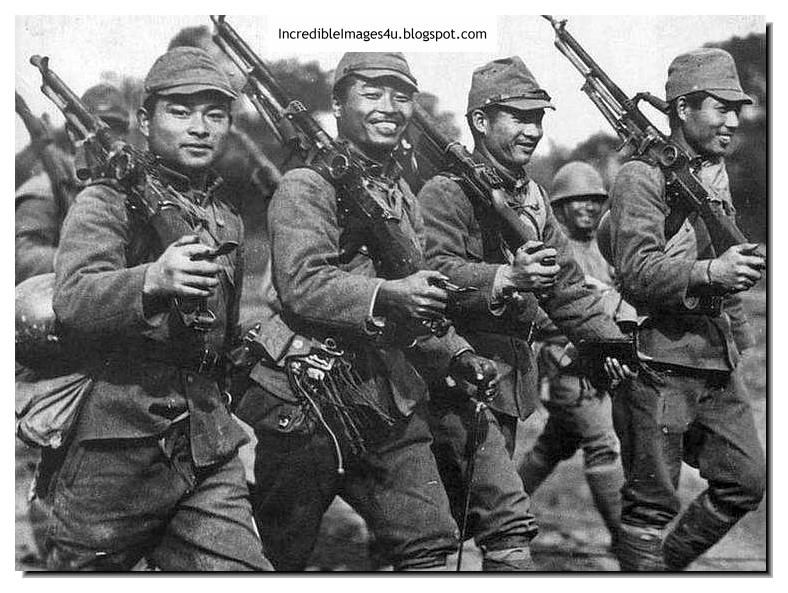
Q59 Is there a draft system in Japan?
There was a draft system in place during World War II, but it doesn't exist anymore. Japan gave up the right to use the military as a means of settling disputes. That is written in Article 9 of the Constitution. We don't have a draft, but the people of the Self-Defense Forces are defending our country.
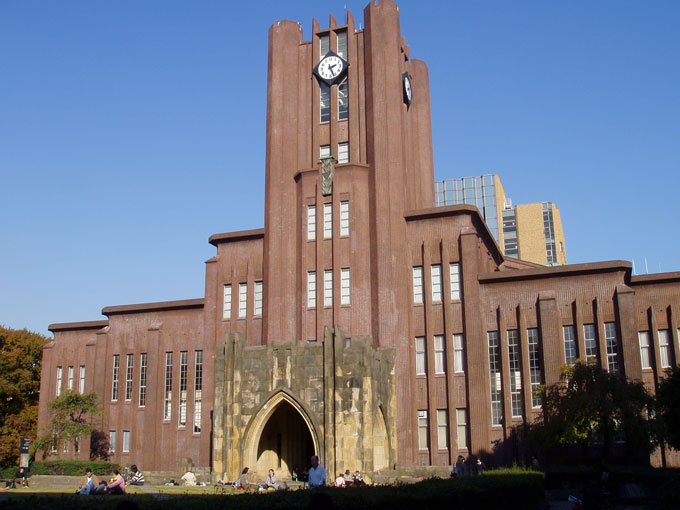
Q60 Is it true that it is difficult to get into a Japanese university, but it is easy to graduate?
It's because the entrance examinations are very difficult. High school seniors spend their junior year of high school studying for university entrance exams. I think it depends on the initiative, but it's the same in Taiwan. In Japan, job hunting starts at the end of the junior year and universities tolerate it.
I hope this comprehensive guide offers answers to questions frequently posed by foreigners, shedding light on the diverse aspects of Japanese culture, from traditional cuisine to the natural beauty that defines the country. Engaging with these experiences, both ancient and contemporary, may resolve any doubts you have about Japan and enrich your life in this fascinating land.
This document is based on the results of an independent survey conducted by the HH JapaNeeds team in 2024.





